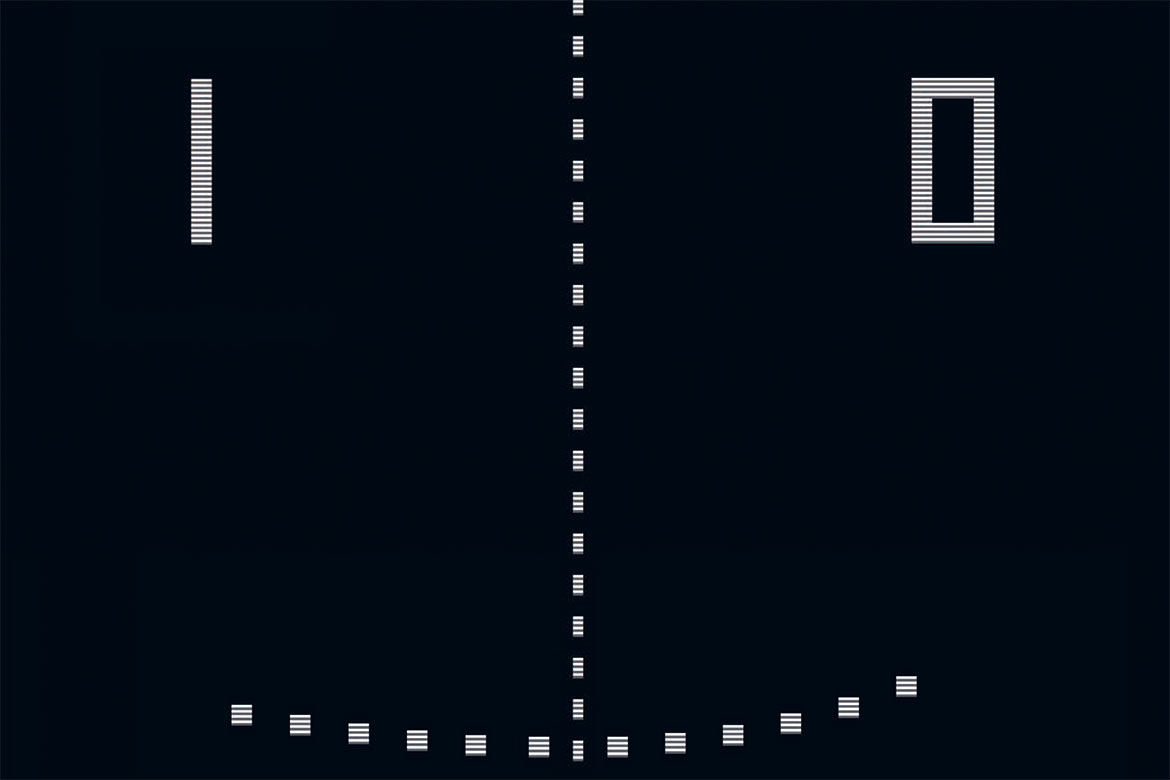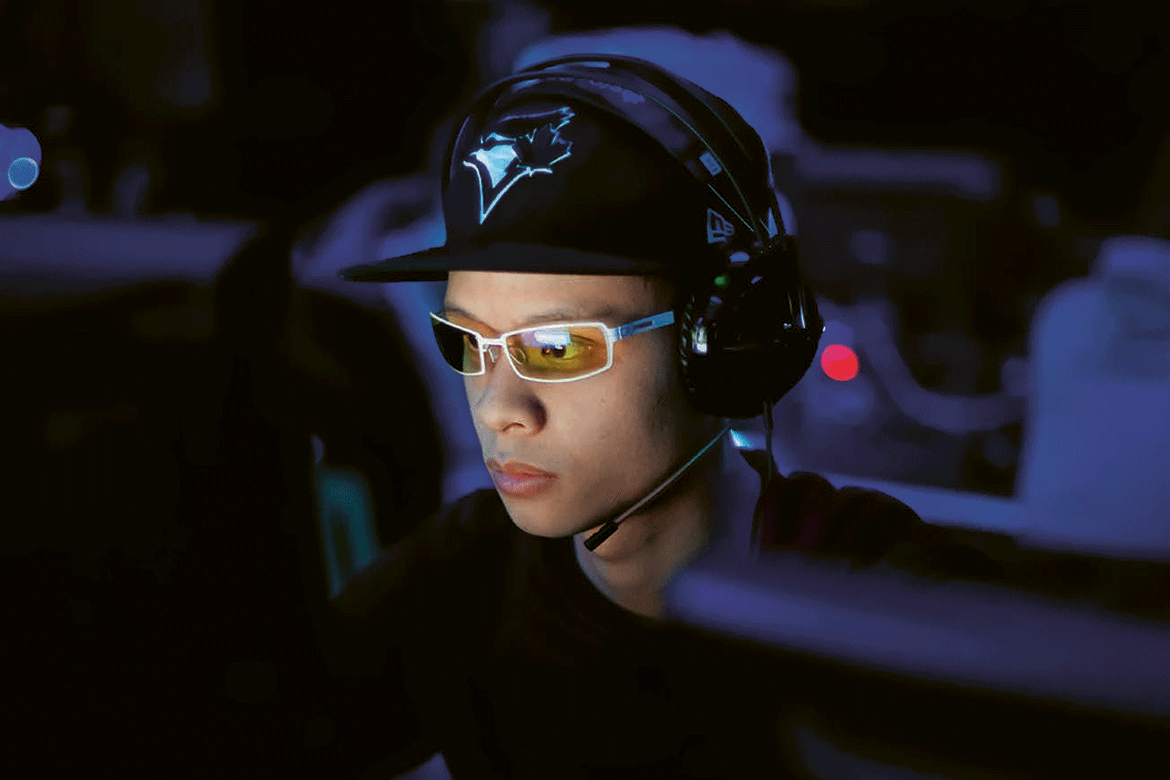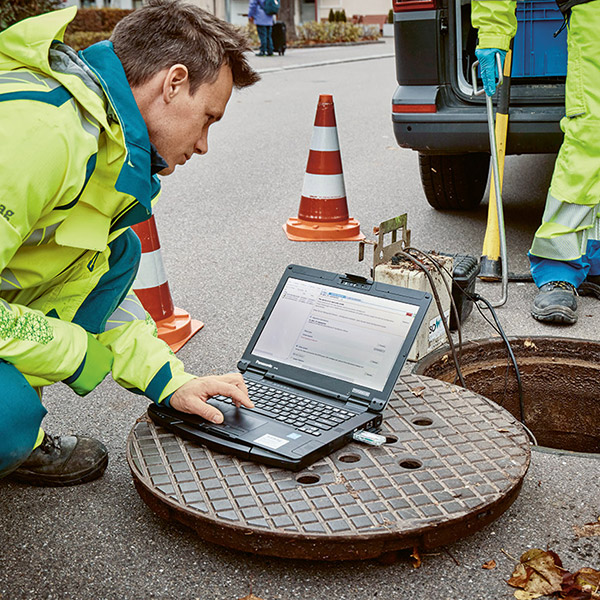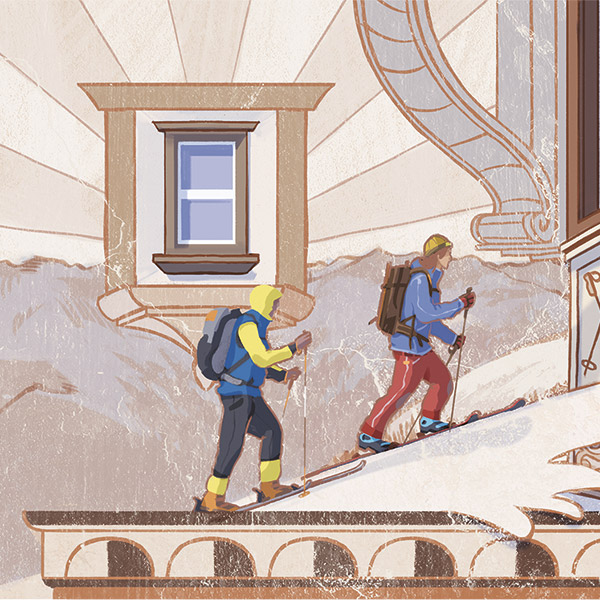Why you should put World of Warcraft on your CV
Video games are far from harmful: they develop highly sought skills in today’s digital society. Parents beware!

Image: 2. Stock Süd
The ‘flippening’ is complete: just a decade ago, video games were considered straw men. They supposedly caused teenagers to isolate themselves in a world cut off from reality and to become violent. But now that simplistic and hysterical view has been abandoned in favour of one that sees an accepted relationship with a new culture. Experts are even happy to point out the economics of it all: the video-game sector is bigger than the film industry, and in Swiss universities there are courses on game design.
The turnaround runs deeper still. Some job candidates are now emphasising on their CVs their collaborative experience playing online games – the well-known MMORPGs such as World of Warcraft. This might typically take the following form: videoconferencing via skype with teammates in Korea, multitasking between skirmishes and strategic plans, filtering avalanches of information and occasionally pulling all-nighters to achieve targets and outpace the competition. These just happen to be skills required and desired in today’s professional world. The growing importance of digital literacy and its codes and practices cannot be ignored. Video game enthusiasts enter the labour market with a head start: they have already learned to evolve in both the real and virtual worlds.
Science is now interested in the benefits of playing video games. But it would be illusory to think that today’s gamers will necessarily be tomorrow’s model employees. This is a somewhat naïve hope, and it harks of the discomfort experienced in response to the general upheaval brought about by the digitization of society. In the face of the unknown, we often rush to the first remedy that rears its head, attributing it with quasi-magical powers.
Schools as well as parents will have a crucial role to play. Faced with our children’s passion for the virtual world, we must put to one side apprehension, misunderstanding and indifference and focus on talking and understanding. That is, if we are to speed up the preparation of a new generation – as well as an old one – as we move forward into a real world which certainly looks increasingly like a game, but one in which bonus points, free lives and other ‘restart’ buttons are sorely lacking.
Daniel Saraga, chief editor




